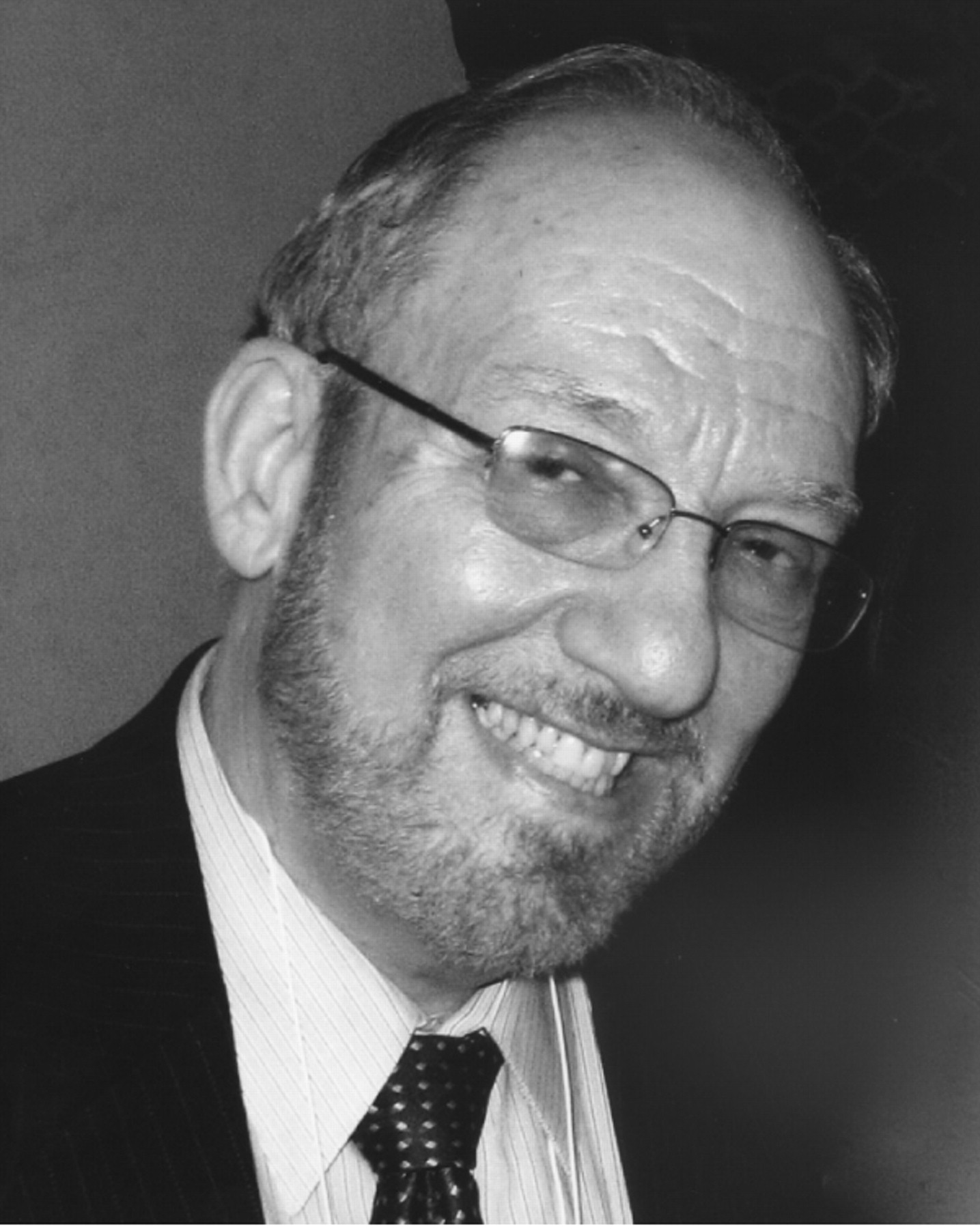CANDIDATE FOR PRESIDENT-ELECT
Distinguished Fellow

Private Practice of Adult Psychiatry, 1980- ♦ New York Medical College: Professor of Psychiatry, Medicine, Director of Medical Student Education, Director Consultation/Liaison Psychiatry, 1980-2007 ♦ Director, Outpatient Psychiatry, Kings County Hospital, 1977-80 ♦ APA Assembly Speaker, 2006-07 ♦ Chair, APA Joint Commission on Public Affairs, 2001 ♦ President, Psychiatric Society of Westchester County, 1992
It is a great honor to be nominated for president-elect of APA. I will not let you down if you choose me for this job.
The president leads APA in its interface with the public. My work in public affairs in my DB, Area, and as chair of the APA Joint Commission on Public Affairs has prepared me for this task as well as my experience in writing a syndicated newspaper column, having a local radio program, and recently having an Internet podcast. I also plan to work closely with APA experts and use local psychiatrists to speak with local media markets.
We have made great strides in reducing stigma, but it is still present regarding serious and persistent mental illness. This is one reason that it is inadequately funded. There is a need for hospital beds for the care of many patients who are housed in prisons, are waiting for transfer from our overcrowded medical emergency rooms, or are among the homeless in our communities. I would develop a Presidential Committee where I would meet with APA experts along with our communications and government divisions, with input from patient/family advocacy groups and others, with the goal of developing a major multiyear public relations plan to change the public's and lawmakers' attitude toward chronic and persistent mental illness.
I would facilitate a plan, that I suggested as speaker, to have local Town Hall Meetings where a panel of psychiatrists listens and questions interested parties on important topics such as access to care, treatment of veterans and their families, teenage drug use, etc. These meetings will get media coverage, establish psychiatrists as interested community leaders, and provide information leading to APA advocacy and other action.
APA has been preparing psychiatrists to be ready to respond at times of disaster and terrorism. I have co-edited a recent book, Intervention and Resilience After Mass Trauma; have co-taught courses on disaster at APA meetings; and in 2001 was a consultant to the State Department on terrorism. APA has some outstanding experts on these subjects, and I will work to expand the work that we are doing.
In order to grow APA, I would appoint small task forces of outstanding members who work in prisons, veterans or state hospitals, are psychoanalysts, MURs, ECPs, MITs, international members, as well as other specific groups. Each task force would develop recruitment methods for nonmembers of their group, including DVDs, outreach, incentives, etc. Success would be measured by increased membership in each category.
I would hold at least one Board of Trustees meeting as an interactive videocast. This would be an example to other components of effective economical technology. As speaker I tried to introduce electronic voting to the Assembly. The AEC wasn't ready for it yet because of cost. This can be revisited as well as videocasting the Assembly for members to see their APA in action. All APA members should be given templates to develop professional Web sites perhaps hosted by APA.
Other current issues which I feel are important are:
Full parity and universal health care coverage. | |||||
Be at the table to discuss any health care plan. | |||||
Oppose scope of practice incursions. | |||||
Assure transparency about Pharma, DSM, and in all other areas. | |||||
Expand APA support to the district branches. | |||||
Please see my Web site for more discussion:<www.apayes.com>.
I am passionate about the care of our patients, our profession, and APA. I would like your vote so I can make a difference.
Primary Professional Activities and Sources of Income
Professional Activities
Since January 2008:
70%—Writing, editing, public education
30%—Private practice
Prior January 2008:
70%—Teaching and clinical care at N.Y. Medical College
25%—Private practice
5%—Writing, editing, public education
Income
Since January 2008:
100%—Private practice
Prior January 2008:
70%—N.Y. Medical College
30%—Private practice



